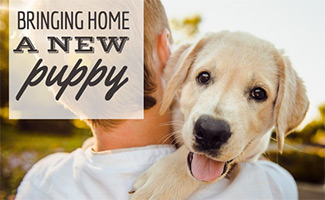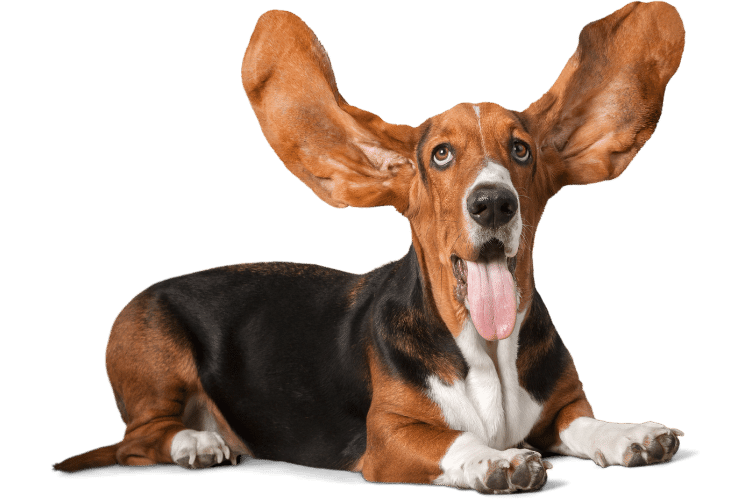
Are you planning to entertain your home with a best new buddy that you always desired? Getting a new puppy is one of the most wonderful moments in your life (it can be as magnificent as a newborn baby), but you should know that taking care of it comes with some responsibilities that you shouldn’t neglect if you want to keep him faithful and entertaining!
Your new puppy will usually be ready to go to his new home between 8-10 weeks. Any earlier is too soon, as he isn’t physically or emotionally ready to leave his litter mates.
An ethical breeder will send your new puppy home with a ‘puppy pack’ including some instructions and food to make the transition to his new home as easy as possible.
You can start housebreaking your puppy now by taking him outside every time he wakes up, after food and every 2-3 hours in between. He will need to eat 3-4 small meals every day.
You can also start crate training now by making it his ‘happy place’. Be prepared for him to be sad to have left his litter mates and give him lots of attention.
Training a puppy can get difficult, especially if you’ve never done it before. Fortunately for us, dogs have been man’s best friend for thousands of years, so we have some idea of how their minds work and how we can train them effectively.
Here is a comprehensive step-by-step guide from Oodlelife on how you can train your puppy. They’ve tackled the process in steps, so it’s easier for you to understand and follow when training your own dog. You’ll find the guide is separated into three parts:
Your puppy’s meals can now be reduced to three meals a day. Keep up with his potty training and don’t be mad if he still has accidents sometimes. This is also the timing of the puppy’s second vaccination, so you can start taking your puppy to public areas to meet other dogs and start puppy school which is important for his socialization.
As you are starting to get your puppy out more often now, he will tend to play everywhere and roll everywhere he likes. I know you won’t like this, but yes, that can usually be in muddy puddles! As he is coming to do this with every occasion, we recommend you to wash your new puppy regularly using our WildWash Pet Puppy Love Shampoo.
Our natural Puppy Love Shampoo for Puppies uses Lavender and Patchouli essential oils as they are known to be mild, calming and soothing, perfect for a puppy’s first bath.
If this is not your first dog and you’re looking for a natural solution to clean your dog, our WildWash range of Organic Dog Shampoos has sustainable products for dogs of every age!
Weeks 4-12 are the most important for a puppy’s early socialization, so make sure you are taking him to lots of different places and introducing him to many new dogs and people. Make every interaction positive for him as this is also the puppy’s fear period, where he is more likely to be impacted by negative experiences.
Your puppy will start getting his adult teeth between 3-6 months, so make sure you have a lot of safe toys for him to chew on. It is very important to continue his socialisation and obedience training, especially as he enters the adolescent stage. Depending on your vet and breeder recommendations you may consider spaying or neutering during this time.
Just when you thought you were through the worst of it and had a well-socialised, well-mannered and potty trained pup – here come the teenage years! Chewing, nipping and generally testing the boundaries are to be expected during this time, but don’t give up! Your naught puppy will be back to his lovely self in a year or so!
Learn how to groom your new puppy at home from our WildWash Professional Groomer, Katie Rourke Dowding:
Share this post with your friends and family

Join our email list to stay up-to-date about the latest products and offers, plus get
10% OFF
your first purchase.
By submitting, you agree to receive marketing emails for information on news, promotions, and offers from WildWash. For more details see our Terms & Conditions and Privacy Policy. You can unsubscribe at anytime.
